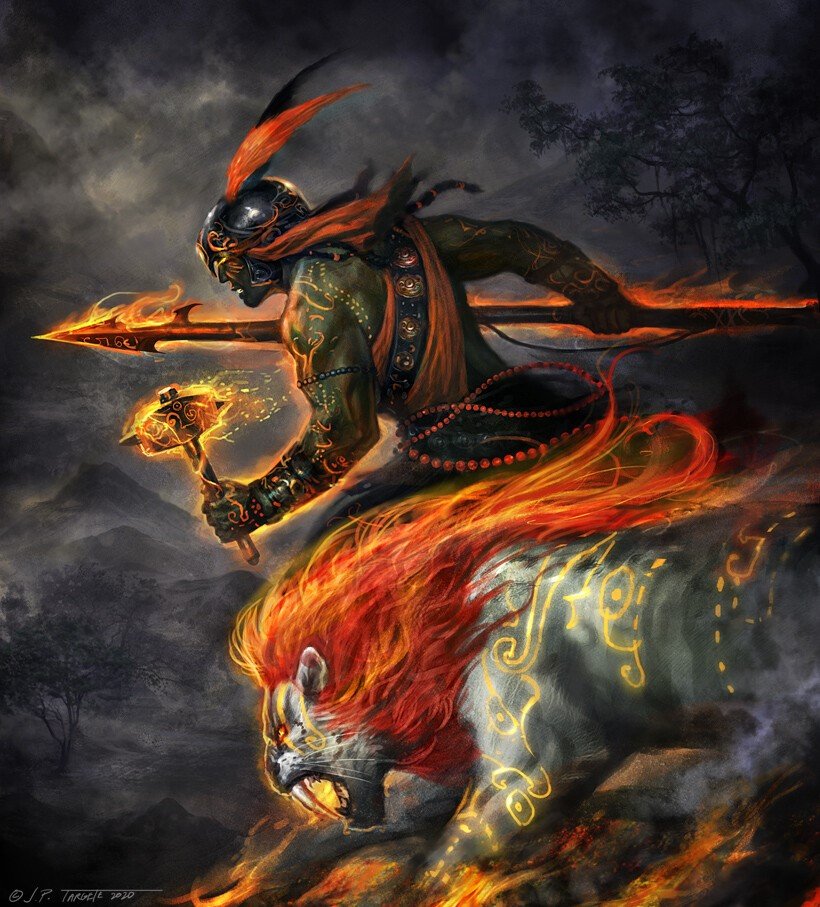History of Ogun State
Ogun State, a significant entity in the tapestry of Nigerian history, was created on February 3rd, 1976, as part of the nationwide state creation exercise by the military government. The state’s name is derived from the Ogun River, a vital waterway that courses through its landscape from the northern reaches to the southern coast. This strategic location and its rich cultural heritage make Ogun State a fascinating subject of study. Bordered by Ondo State to the east, Oyo and Osun states to the north, and sharing a coastline with the Atlantic Ocean to the south, Ogun State serves as a crucial link between the interior and the coastal regions of Nigeria.
The God Ogun: A Cultural Icon – The name “Ogun” is a powerful deity in Yoruba mythology. Ogun, the god of war and metals, holds a significant place in the spiritual and cultural beliefs of the Yoruba people. He is believed to have once lived on Earth as the first king of Ife, and his story is filled with tales of power, justice, and transformation. Ogun is the son of Oduduwa, the progenitor of the Yoruba people.
The key indigenous subgroups within Ogun State include:
- Egba:Primarily located in the central part of the state.
- Ijebu:Claim to be the largest ethnic group in the Southwest region.
- Awori:Notable, also considered indigenous to Lagos State.
- Ilaje:Also present in Ogun State.
- Ikale:Another subgroup contributing to the state’s diversity.
- Yewa:Also part of the diverse population.

While the state was created by the Nigerian government in 1976, Sodeke founded the city of Abeokuta around 1830, which later became the capital of Ogun State.
Ogun State is a land rich in history, culture, and natural resources. From its formation in 1976 to its deep roots in Yoruba history, the state has evolved into a vibrant hub of activity. Named after the life-giving Ogun River, inhabited by diverse Yoruba subgroups, and rooted in ancient traditions, it stands as a testament to Nigeria’s rich cultural heritage. Its strategic location as the “Gateway State” and its legacy as a center of trade and cultural exchange will continue to shape its destiny. The stories of the people, the deity Ogun, and the historical figures all contribute to the unique identity of this important state within Nigeria.
Sodeke and the Founding of Abeokuta – While the state was created in 1976, the historical roots go deeper. Sodeke, a leader of the Egba refugees, founded Abeokuta around 1830. Abeokuta subsequently became the capital of Ogun State and is the state’s most prominent town, located in the north-central part of the state. Sodeke’s establishment of Abeokuta is significant in understanding the historical narratives of the area.
Capital City – When Ogun State was created, Abeokuta was not initially selected as the state capital. However, the capital was eventually established in Abeokuta due to the influence of General Olusegun Obasanjo, who was then the second-in-command to the Nigerian military head of state. This decision underscores the influence of political forces in shaping the state’s identity.
Ogun State Uniqueness – Ogun State is the only state in Nigeria with three former presidents (Olusegun Obasanjo, Ernest Shonekan, and MKO Abiola); three former vice presidents (Olusegun Obasanjo, Oladipupo Diya, and Yemi Osinbajo); a speaker of the National Assembly (Dimeji Bankole); and a former Premier of the Western Region (Obafemi Awolowo).
